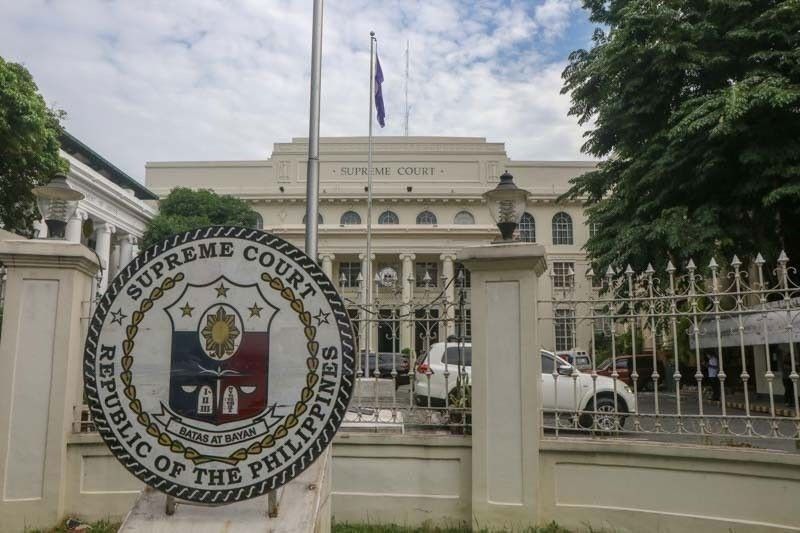Quezon City respects Supreme Court decision on Manila Seedling Bank case

MANILA, Philippines — The Quezon City government said yesterday it fully respects the decision of the Supreme Court (SC) that invalidated a zoning ordinance passed in 2003 regarding the property used by the Manila Seedling Bank.
“We shall always respect the rule of law, and undertake to thoroughly review the High Court’s decision to fully understand its implications,” the local government said.
“We remain fully committed to ensuring that our local policies and legislation, whether past or present, adhere to the proper legal principles and serve the best interests of our people,” it added.
The city government said it has not received a copy of the decision, but will closely monitor it and the high court’s directives on the matter.
“We will have our legal office evaluate for our appropriate actions in accordance to the same. Further updates will be provided as more information becomes available,” it added.
In a press release on Thursday, the SC said it invalidated Quezon City’s 2003 ordinance that reclassified the property used by the Manila Seedling Bank Foundation Inc. at the corner of EDSA and Quezon Avenue.
The seven-hectare property was owned by the National Housing Authority (NHA) and was covered by a proclamation issued by former president Ferdinand Marcos that gave usufructuary rights to the foundation.
In 2011, the city government under then mayor Herbert Bautista foreclosed and auctioned off the property for non-payment of real property taxes. It ordered the foundation to vacate the property after the redemption period expired a year later.
Also in 2012, the city government refused to issue a locational clearance to the foundation, resulting in its failure to renew its business permit.
The city used as basis the 2003 ordinance, passed under the administration of then mayor Feliciano Belmonte Jr., which reclassified the property into a metropolitan commercial zone, with a portion of it into an institutional zone.
But according to the SC, the city lacked the authority to reclassify the property given that it is covered by a presidential proclamation, which is considered a national law.
“Local ordinances that contravene state-enacted legislation (are) null and void since LGUs (local government units) merely derive their power from the state legislature, as such, they cannot regulate activities already allowed by statute,” read a portion of the ruling cited in the SC’s press release.
“Municipal ordinances are considered inferior in status and subordinate to the laws of the state; thus LGUs have no power to regulate conduct already regulated by the state legislature,” it added.
The high court further ruled that the local government cannot foreclose and seize the property for non-payment of real property tax as it is owned by NHA, which is a tax-exempt institution.
But it recognized that the beneficial users of NHA’s properties are not covered by the tax exemption, saying that the “city may satisfy its tax claim not through a foreclosure, but by directly assessing the foundation.”
A full copy of the decision has yet to be released.
- Latest
- Trending































